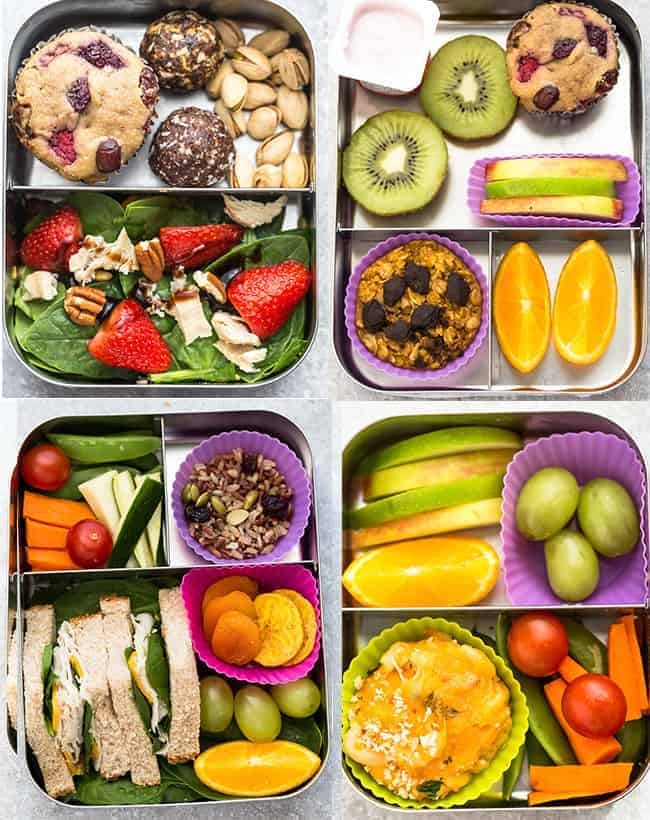Title: The Transformative Role of School Meals in Canada
Written on
The Importance of School Meals
Canada is set to roll out a national school lunch initiative, a significant step championed by Prime Minister Justin Trudeau. This article delves into the effectiveness and influence of this forward-thinking policy.
If you were to complete the phrase: "School meals are ___," what would be your immediate response? Over the past decade, the school meal sector has been prominently featured in news headlines and on social media platforms. What does schooling signify to those with opinions on the matter? A teacher once shared a poignant story about his student, Dylan. He consistently arrived late to class, often lashing out at his parents in frustration. After several weeks of trying to understand Dylan's behavior, including discussions with his mother, the teacher uncovered a startling truth: Dylan confessed, "I only eat two meals a day, and when I'm late, I miss breakfast."
Like many of his peers, Dylan depended on school meals for the majority of his nutrition. His situation is far from unique. Numerous schools across Canada face similar challenges, with many children experiencing food insecurity. Research shows that one in three children does not consistently have breakfast, and in every classroom, it's common for four students to lack regular meals at home.
For many, school meals are perceived as a mere supplement or a brief respite during the school day. However, the impact of hunger on education is profound. Students like Dylan often struggle with focus, face challenges in their studies, and may experience developmental setbacks. In fact, hunger significantly hampers a child's learning capacity.
We often underestimate the need to educate children about nutrition. Today's youth are increasingly detached from their food sources, with many growing up consuming pre-packaged and processed items. The food industry invests billions in marketing unhealthy options to children, and portion sizes have ballooned. Consequently, we are witnessing an alarming rise in adult-onset illnesses, such as hypertension and type 2 diabetes, among young individuals.
To reverse these concerning trends, schools must take the lead. Currently, school meal programs aim to provide balanced servings of fruits, vegetables, whole grains, proteins, and dairy. Many institutions are now offering healthier, freshly prepared meals that positively influence children's health.
This shift encourages kids to appreciate nutritious foods. Students are showing enthusiasm by requesting recipes and sampling more items at salad bars, including fresh produce like radishes and jicama, marking small yet meaningful improvements in their eating habits.
Moreover, school meals play a crucial role in supporting mental and emotional well-being. Hunger among children is closely linked to issues like anxiety, hyperactivity, and aggression. For high school students, the ramifications of hunger can extend to depression and even suicidal tendencies. While hunger affects everyone, its impact can be particularly severe for children like Dylan.
Consider the challenge of trying to concentrate in class after hours without food. Dylan had gone 19 hours without eating, missing breakfast and waiting an additional four hours until lunch.
It's time to reevaluate our perception of school meals. They are not simply a pause in the academic day; rather, they are an essential aspect of education. Cafeterias have the potential to transform into nutrition hubs that contribute to a healthier future for our children. School meals are vital, playing a crucial role in the healthy development of our youth.
Chapter 1: Understanding the Need for School Meals
Section 1.1: The Reality of Food Insecurity
Many children in Canada face food insecurity, relying heavily on school meals for their nutrition. This section delves into the statistics and stories that highlight this pressing issue.
Subsection 1.1.1: A Case Study - Dylan's Story

Section 1.2: The Educational Impact of Hunger
Hunger has far-reaching implications for learning and development. This section explores how lack of proper nutrition affects academic performance.
Chapter 2: The Future of School Meals
This chapter discusses the innovations in school meal programs and their potential benefits for students' health and academic success.